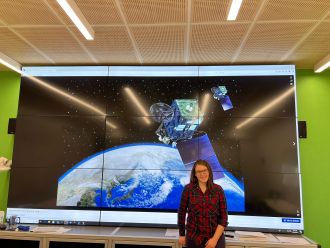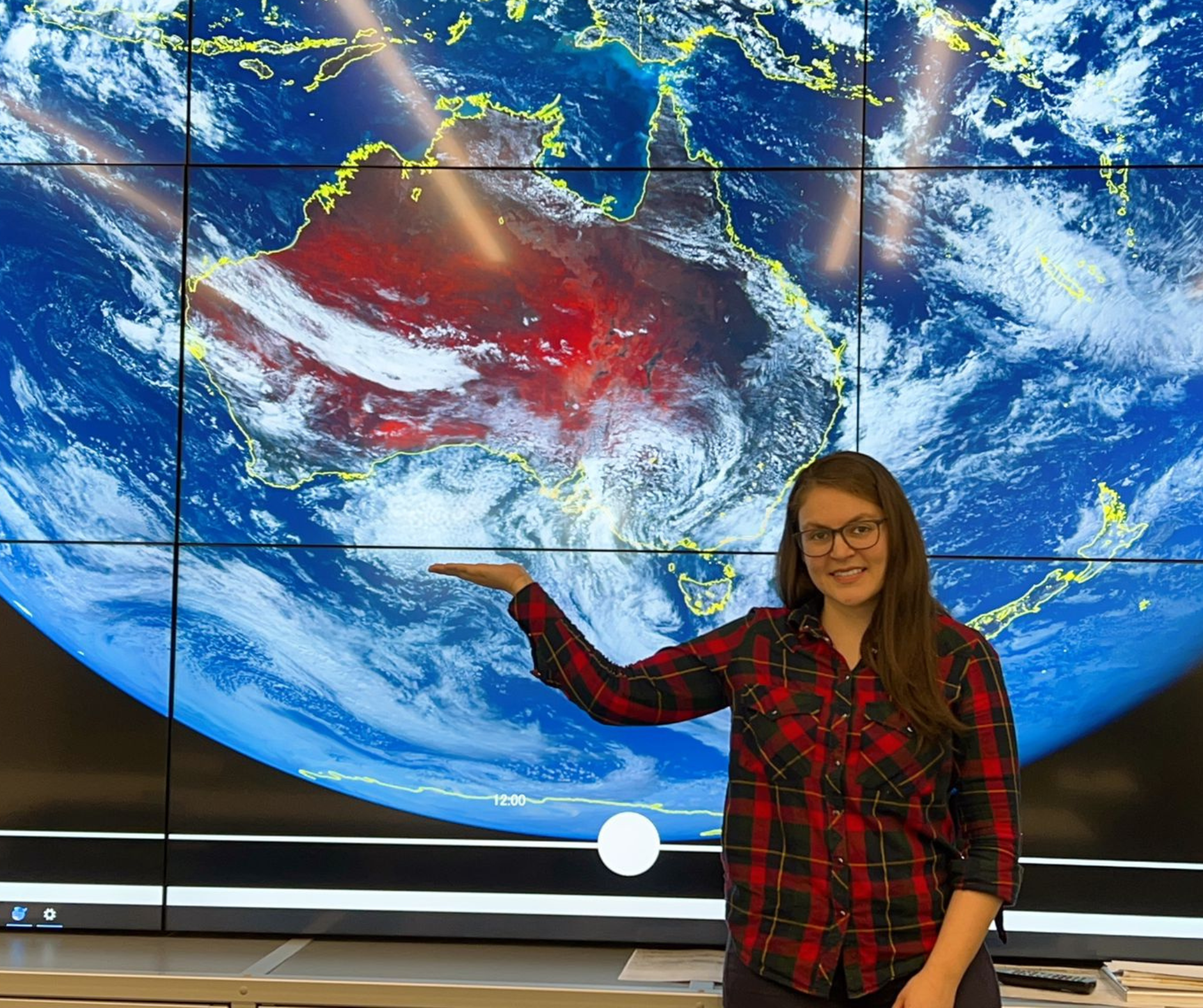News release
From:
Researchers at the ARC Centre of Excellence for Climate Extremes have filled an important gap in climate modelling and predictions with new research out today in the Journal of Geophysical Research - Atmospheres.
“When modelling the climate, clouds are still one of the biggest sources of uncertainty” says Estefania Montoya Duque, researcher from the ARC Centre of Excellence for Climate Extremes.
“Some clouds have a warming effect, while some clouds have a cooling effect. Some clouds contain only liquid, some only ice, and others a mix of both. Clouds exist at different altitudes and come in different shapes. All of these characteristics end up having an effect on the amount of radiation they let come in and the amount of radiation they let go out” says Montoya Duque.
Climate models struggle to reflect the diversity and complexity of clouds, leading to uncertainty in some climate predictions. Montoya Duque’s research focuses on clouds over the Southern Ocean - a part of the ocean that is notoriously hard for scientists to collect quality data from. If we don't properly represent clouds in climate models, there will be errors in the projections we make.
“Estimates of precipitation, temperature, changes in Antarctic sea ice, and the carbon cycle will all be affected” says Montoya Duque.
“These projections are important for understanding how our quality of life will be affected by climate change”.
The findings are a significant contribution towards improving how we model the climate, providing vital information that allows us to prepare for climate extremes in a warming world.
The full paper is available to read here: "A characterization of clouds and precipitation over the Southern Ocean from synoptic to micro scales during the CAPRICORN field campaigns" [Paper #2022JD036796R]
Editor's notes:
Two articles are available for different audiences:
Community education: https://climateextremes.org.au/the-worlds-new-ocean-could-have-big-impacts-on-how-we-manage-climate-change/
Scientific community: https://climateextremes.org.au/new-findings-on-clouds-over-the-southern-ocean-can-improve-climate-projections/
About the Centre:
The ARC Centre of Excellence for Climate Extremes reduces Australia’s economic, social and environmental vulnerability to climate extremes. Funded by the Australian Research Council (ARC), it brings together five Australian universities and a suite of outstanding national and international Partner Organisations.
The participating universities are the University of New South Wales, Monash University, the Australian National University, the University of Melbourne, and the University of Tasmania.
Multimedia







 Australia; International; NSW; VIC; ACT
Australia; International; NSW; VIC; ACT



